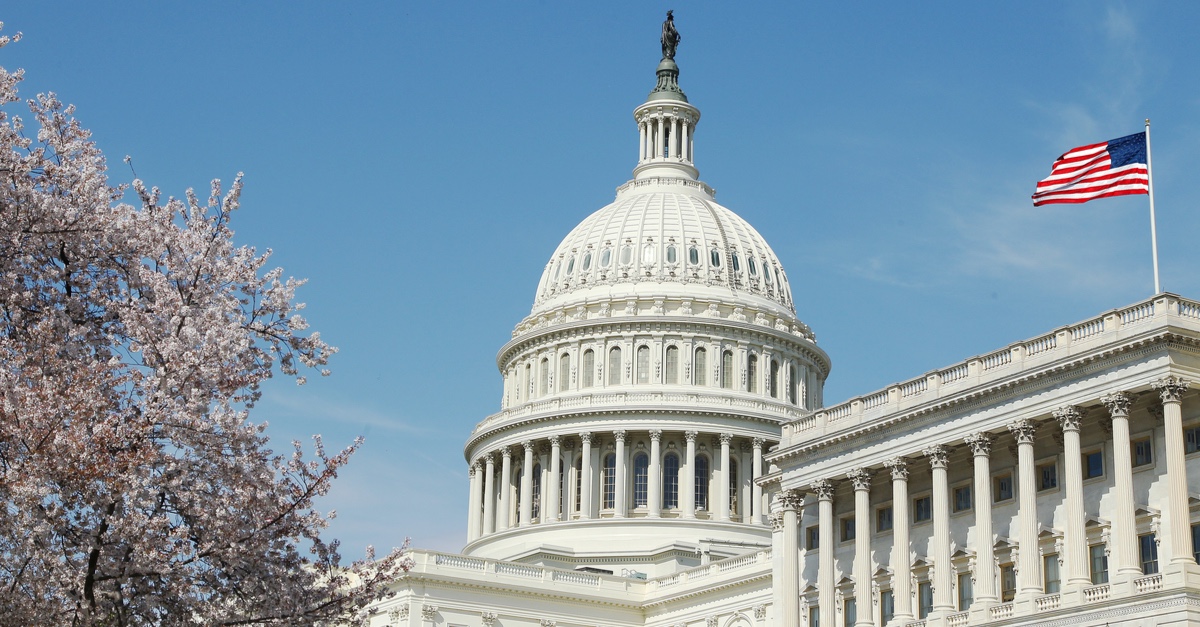Overview
Sponsors
Representatives Carolyn Maloney (D-NY), Peter King (R- NY), and Tom Malinowski (D-NJ)
Status
The bill passed out of the U.S. House of Representatives Committee on Financial Services on June 12, 2019 with a bipartisan vote of 43 to 16.
Background
Anonymous companies have become the vehicle of choice for the criminal and the corrupt to launder illicit funds. Drug cartels, human trafficking operations, purveyors of counterfeit and pirated goods, rogue nations evading sanctions, corrupt officials concealing bribes and stealing from public treasuries, and others all use anonymous corporate structures to hide stolen assets.
What Does It Do?
The Corporate Transparency Act of 2019 takes the simple, yet effective, step to require corporations and limited liability companies (LLCs) to disclose to law enforcement and others with legally mandated anti-money laundering responsibilities (e.g. financial institutions) information on who is the real, natural person (a.k.a. beneficial owner) who owns and controls an entity at the point of formation.
Additional provisions include a) outlawing the formation of bearer share corporations and LLCs, and b) requiring that bids for large federal contracts include the beneficial ownership data of the prospective contractors and subcontractors.
Who Supports It?
National security experts, police, sheriffs, local prosecutors, state Attorneys General, federal prosecutors, human rights advocates, anti-human trafficking groups, faith-based networks, international development NGOs, several CEOs and businesses, banks, credit unions, real estate professionals, insurance companies, over 125 non-governmental organizations, and scholars at both conservative and liberal think tanks, among others.[1]
The Details
What Information Is Required?
Just four pieces of readily available information — a name, address, date of birth, and driver’s license or other identification number.
No financial information or details about business purpose or operation is required.
Where Is the Information Stored, and Who Has Access to It?
The information would be reported to the U.S. Department of the Treasury’s Financial Crimes Enforcement Network (FinCEN). FinCEN is our nation’s financial intelligence unit with the responsibility of housing and reviewing data to protect our financial system from abuse by terrorist networks and other criminals who seek access to our markets and our strong and stable economy.
Law enforcement agencies at the state and federal level would have access to the information as would financial institutions with legally mandated anti-money laundering (a.k.a. ‘know your customer’) obligations.
What About Reporting Changes in Ownership?
The legislation requires updates when there is a change in ownership. The bill requires that updates be filed annually, but it also allows FinCEN to determine if more regular reporting is necessary.
Are All Companies Required to File?
There are exemptions for certain entities where there are redundancies with reports filed with other agencies (e.g. publicly traded companies file relevant information with the S.E.C.), lower risk entities (e.g. larger private companies with real operations located in the U.S.), and entities that need further study on how best to capture the appropriate information (e.g. trusts, partnerships, and nonprofit organizations).
What Are the Penalties for Violating the Law?
There are civil and criminal penalties, including fines of up to $10,000 and up to three years in prison for knowing and willful violations. Negligence (e.g. honest paperwork violations) is not punishable under the bill.
Is It Workable?
Yes. The U.S. Department of Defense and the Department of the Treasury both have programs in which they are collecting beneficial ownership information for certain higher risk real estate transactions without incident.
The United Kingdom has a beneficial ownership directory, and an analysis found that the average number of owners per business in the U.K. is 1.13. The most common number of owners is one. More than 99 percent of businesses listed less than six owners.[2] According to the U.S. Small Business Administration, approximately 78 percent of all businesses in the U.S. are non-employer firms, meaning there is only one person in the enterprise. This suggests that the experience in the U.S. would be similar to that of the U.K.
Will It Make a Difference?
The early evidence, where transparency is in place, suggests it will have a significant impact.
- An early analysis of FinCEN’s efforts to collect ownership information in certain real estate transactions found that, “…about 30 percent of reported transactions involve a beneficial owner or purchaser representative that was also the subject of a previous suspicious activity report.”[3]
- A second study of FinCEN’s program by the New York Federal Reserve and the University of Miami found, “After anonymity is no longer freely available to domestic and foreign investors, all-cash purchases by corporations fall by approximately 70 percent, indicating the share of anonymity-seeking investors using LLCs as ‘shell corporations.’”[4]
- An analysis of the U.K. directory found robust law enforcement use of the information.[5]
For additional information, contact Clark Gascoigne at cgascoigne@thefactcoalition.org.
Footnotes:
[1] See: http://bit.ly/2MKKedo.
[2] See: http://bit.ly/2Zqwjj9.
[3] Steve Hudak, “FinCEN Targets Shell Companies Purchasing Luxury Properties in Seven Major Metropolitan Areas,” FinCEN, August 22, 2017; http://bit.ly/2Q3yDVs.
[4] Hundtofte, C. Sean and Rantala, Ville, “Anonymous Capital Flows and U.S. Housing Markets” (May 28, 2018). University of Miami Business School, Research Paper No. 18-3. Available at SSRN: https://ssrn.com/abstract=3186634.
[5] U.K. Department for Business, Energy & Industrial Strategy, “Review of the implementation of the PSC Register” (August 2, 2019). BEIS Research Paper Number 2019/005, http://bit.ly/2UfCxwo.

